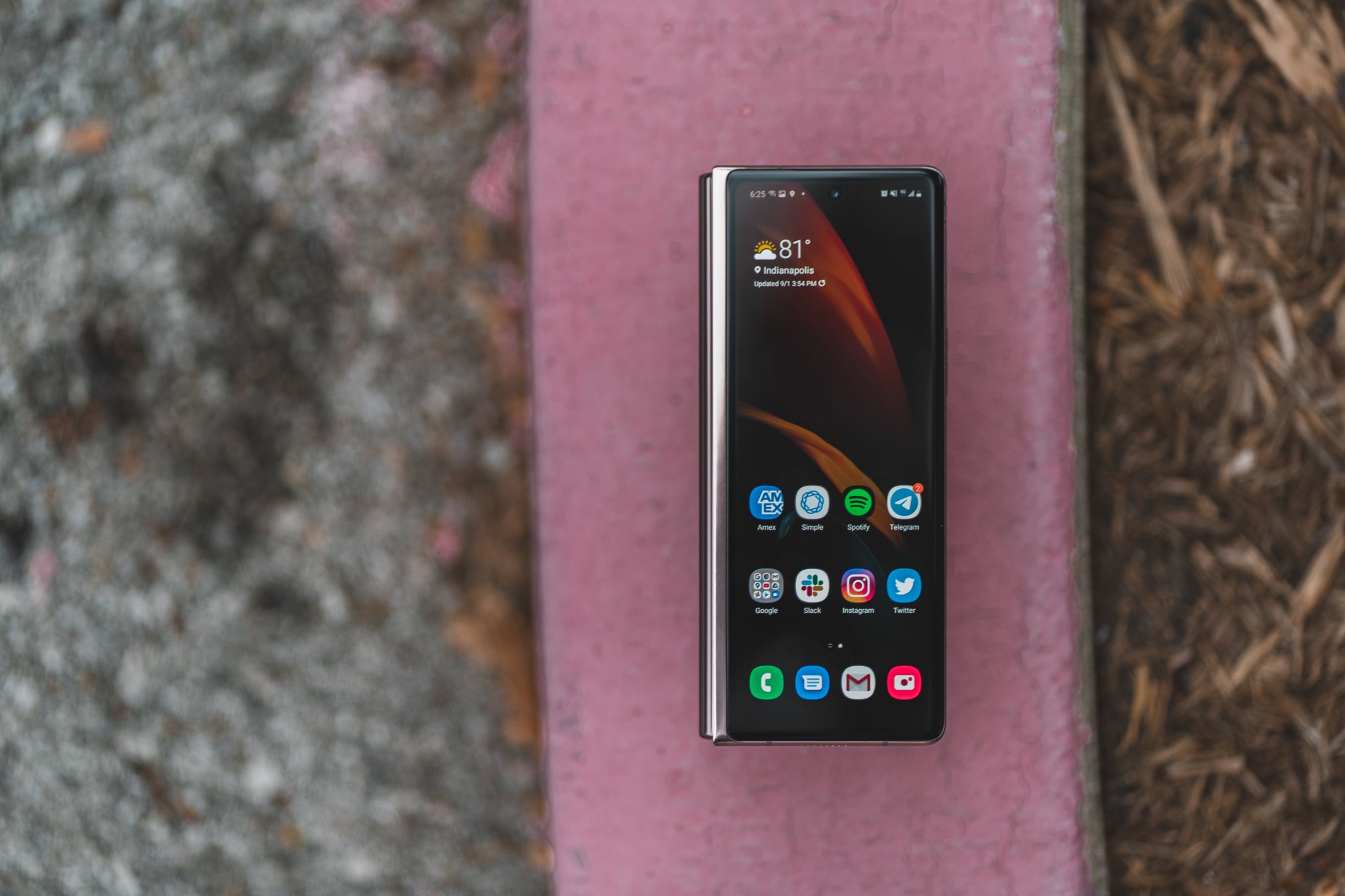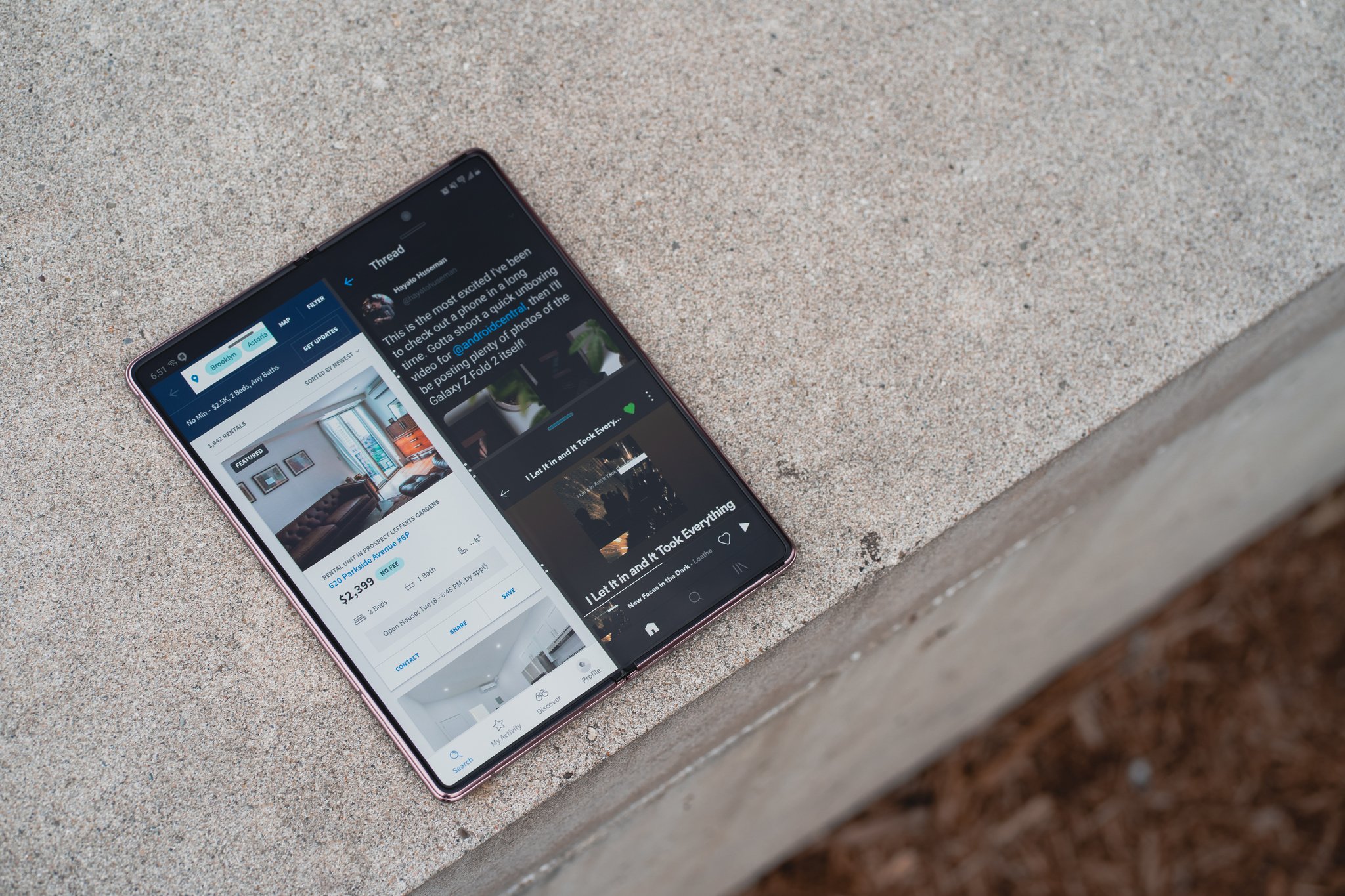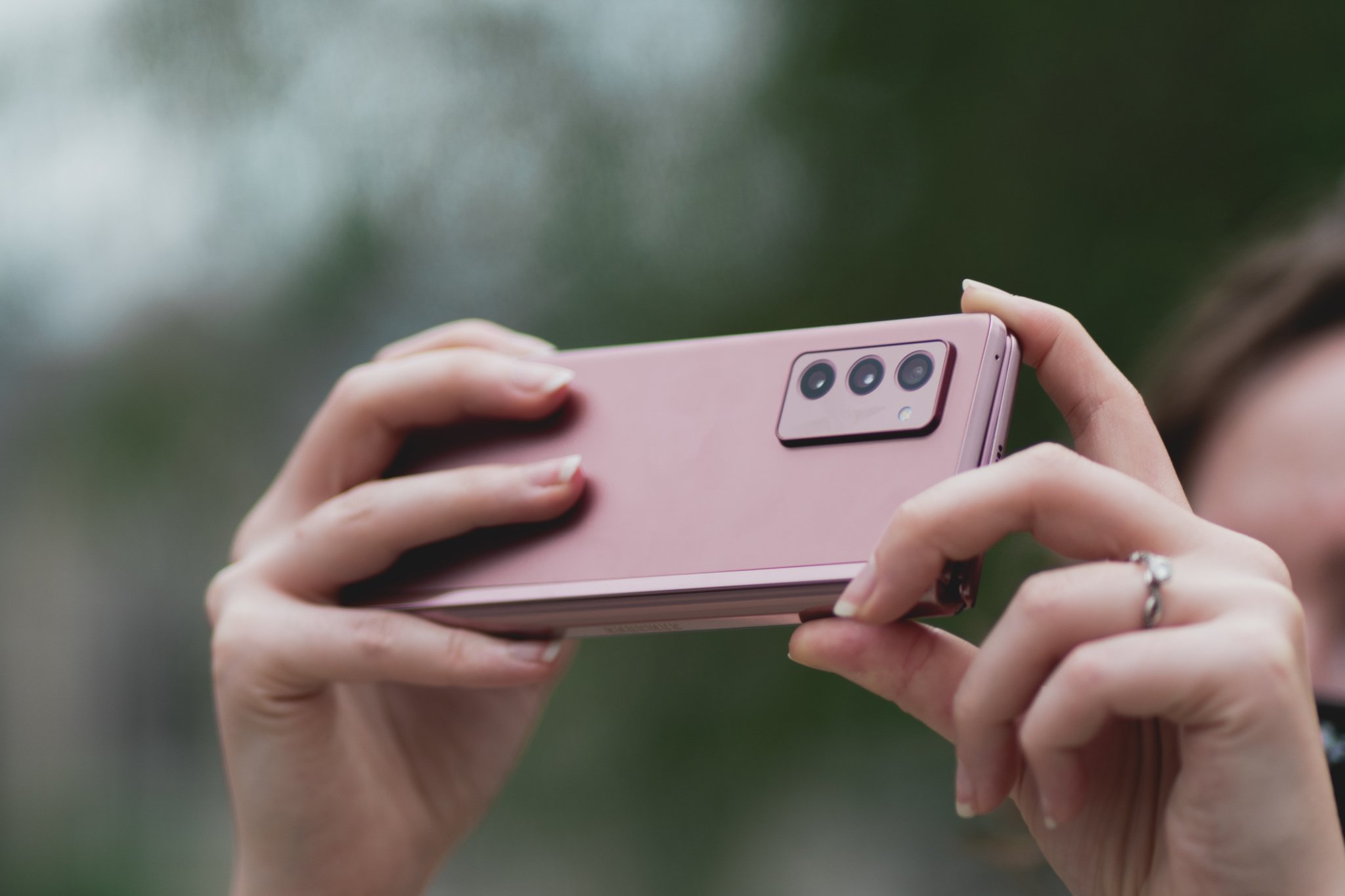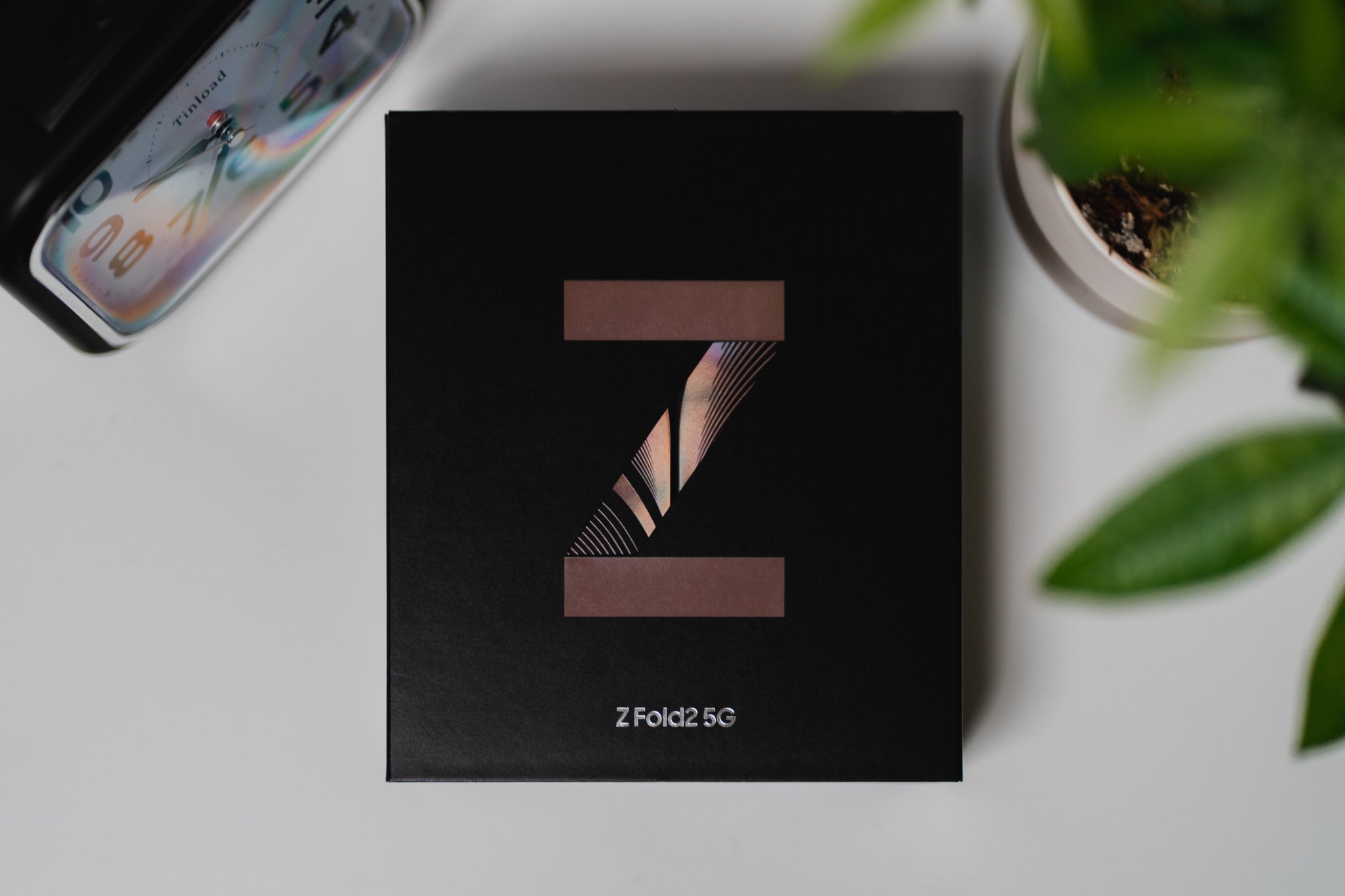Here's how Samsung can make the Z Fold Lite a hit.
2020 gave us a lot of fantastic smartphones, though few of them were as exciting or interesting as the Samsung Galaxy Z Fold 2. Samsung's successor to the revolutionary Galaxy Fold proved to be a massive success — keeping what worked about that first phone while simultaneously righting all of its wrongs.
The Galaxy Z Fold 2 is a technical marvel, to say the least, but all that innovation and bleeding-edge tech come at a price. As much fun as it is to talk about the Z Fold 2 and gawk over its design, shelling out the $2,000 required to actually buy the thing is another story.
High price tags have proven to be the single biggest hurdle that folding phones have yet to overcome, but in 2021, that could be changing. Rumor has it that Samsung is working on a budget variant of the Galaxy Z Fold, with it likely being called the "Galaxy Z Fold Lite." Exact details on the Z Fold Lite are still pretty murky, but leading up to the phone's expected launch at some point next year, there are a few things we have on our wish list for Samsung's first budget-friendly foldable.
1. The Snapdragon 765G (or its successor)
There are a few different cuts Samsung needs to make to get well below the $2,000 price tag of the Galaxy Z Fold 2, and one we're hoping to see is a change in the processor department. The Qualcomm Snapdragon 865+ processor in the Z Fold 2 is an absolute beast, but it's also extremely expensive for phone companies to use. For the Z Fold Lite, Samsung can get similar performance at a lower price by going with a different chip.
In 2020, one of the best examples of this was the Snapdragon 765G. It offers very similar performance to the 865, it has 5G connectivity, and it's considerably cheaper to use. It's so good, in fact, that it powers two of the best Android phones of the year. If Samsung uses this in the Z Fold Lite (or the expected successor with the Snapdragon 775), we can look forward to a fast and smooth foldable that's a lot less costly for Samsung to produce.
Power-users may be able to tell a difference in performance with these different tiers of processors, but for the vast majority of people, a Snapdragon 765G is more than fast enough for the vast majority of tasks — even for things like multitasking and graphically-intense games. Get all of that while slashing $100+ off the price tag, and that's a win-win if you ask me.
2. A useable cover display
One of the biggest improvements of the Galaxy Z Fold 2 compared to the original Galaxy Fold is the cover display. Where the Galaxy Fold had an absolutely tiny 4.6-inch display with huge bezels, the Z Fold 2 stepped things up to a much more traditional 6.2-inch panel.
Word on the street is that the Galaxy Z Fold Lite is stepping back to a 4-inch cover display as part of the cost-cutting measures, and while I understand the need to make compromises to hit a lower price, I'm a bit hesitant about going back to such a confined canvas.
The Z Fold 2's cover display isn't exactly the same as a traditional smartphone (it's much taller and narrower), but you can still comfortably do just about any task on it — whether it be checking emails, scrolling through Twitter, or watching YouTube videos. The idea of going back to something that makes all of those apps feel tight and cramped doesn't sound very appealing.
I'd much rather see Samsung switch to an LCD panel, lower the resolution a bit, and use a less expensive version of Gorilla Glass if it means getting to keep that 6.2-inch size.
3. Compromises for the tablet display
While on the subject of displays, there's the inner/tablet display that needs to be addressed as well. The one present on the Z Fold 2 is mighty impressive, touting a 7.6-inch size, 2208 x 1768 resolution, and a 120Hz refresh rate. That all allows for an extremely immersive viewing experience, but we don't need all of that fluff on the Z Fold Lite.
Right off the bat, the refresh rate doesn't need to be 120Hz. Stepping down to 90Hz would be great, but honestly, I'd be fine going all the way to 60Hz if it means getting the MSRP down even more. Fast refresh rates are fantastic, but Samsung needs to be careful about what features it does and doesn't include when tackling a budget foldable.
Samsung could also add slightly thicker bezels, along with cranking the resolution down a touch. I certainly don't want a potato display, but I think there's plenty of room to scale back while still getting a good-looking panel.
4. Plastic design instead of glass
The Galaxy Z Fold 2 is a premium smartphone through and through — right down to the materials it's made out of. This includes frosted glass for the back of the phone, and as nice as it may look and feel, it's a luxury we simply don't need on the Z Fold Lite.
With devices like the Galaxy Note 20 and Galaxy S20 FE, Samsung's shown us that it knows its way around plastic. Those two devices both feature plastic designs, and you know what? They feel pretty darn great.
I'd be perfectly happy seeing plastic return to the Galaxy Z Fold Lite, assuming the structural integrity of the phone isn't compromised in the process. That might be easier said than done, but it's another money-saving avenue Samsung can and should take.
5. Retail pricing of $1000 or less
Last but certainly not least, I would love to see the Galaxy Z Fold Lite debut with a magical and unexpected price tag. I said in a previous episode of the Android Central Podcast that I expect the Z Fold Lite to sell for around $1,400. While the realistic part of my brain still thinks that, the optimist in me would absolutely love for it to debut for $999.99.
That's still a lot of money, but it's substantially cheaper than the $2,000 Galaxy Z Fold 2 we have right now. Not only would it allow more tech enthusiasts like myself to jump aboard the foldable train, but it would also open up the foldable form factor to more traditional consumers that would have otherwise ignored the Z Fold series entirely.
Folding phones are still very much a niche product, and if they're ever going to transition to a mainstream thing, they need to hit mainstream pricing models. A $1000 price tag would do exactly that.
What do you want to see?
That's what I'm hoping to see is the Galaxy Z Fold Lite, but I now want to hear from you. What kind of compromises do you hope Samsung makes for its more affordable folding phone, and what features/specs can you absolutely not live without?
Share your thoughts in the comments below and let us know!






0 Response to "You Can See More: 5 things we want to see in a cheaper version of the Galaxy Z Fold"
Post a Comment